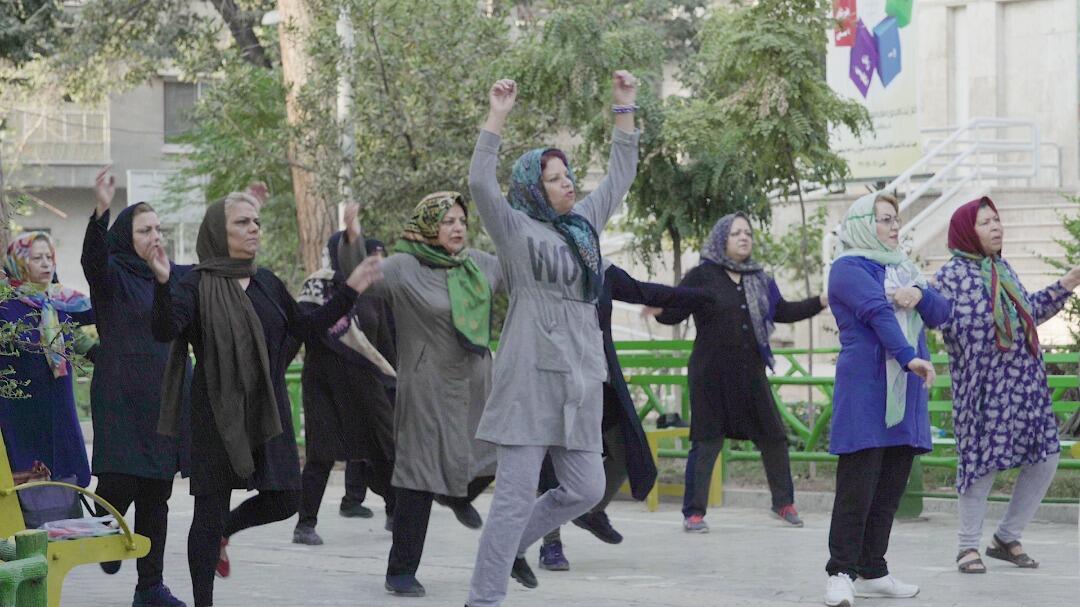“It’s the best motivation for me to get up and make it a productive day,” said Seraj. “It’s had a very positive impact on my health and happiness.”
Bonyadeh Farzanegan, which means the ‘Foundation for the Wise’ in Farsi, is a non-governmental organization where older persons take a leadership role in providing community services to help the elderly stay active, healthy, and independent.
“Our strategy behind Bonyadeh Farzanegan is to empower older persons and give them ownership of the services and activities,” said Mostafa Seraj, an official from Iran’s State Welfare Organization.
Bonyadeh Farzanegan and other senior centres throughout Iran are the outcomes of efforts by the Iranian government, in cooperation with the United Nations Population Fund, UNFPA, to address challenges that come with Iran’s rapidly ageing population.
Some government forecasts estimate that by the year 2050, more than 30 per cent of Iran’s population will be 65 years of age and older.
“Like many countries, Iran’s population is ageing due to factors like low fertility rates and improved healthcare, both of which are triumphs of development,” explained Leila Joudane, UNFPA Representative in Iran. “Nonetheless, an ageing population comes with challenges as well that we must address if we are to convert them into opportunities.”
Today, as in several other countries, many of Iran’s older persons are highly vulnerable.
Many face financial challenges.
Some are becoming disabled or facing discrimination.
UNFPA is working with its government partners to support research into the phenomenon of Iran’s ageing population, and promote the adoption of policies that support older people and meet their needs.
“The teamwork and coordination are amazing,’ said Mohsen Shatti, an official from the Ministry of Health and Medical Education. “The different ministries, the Mayor’s office, UNFPA, all of them have stood by our side with all of their resources.”
In a little more than nine years, Bonyadeh Farzanegan has opened 120 branches across Iran that serve more than 200,000 older persons. Most branches offer a variety of activities, including morning aerobics, painting and theatre.
“The classes remind me of childhood,” said Taghi Rouhani who attends a weekly singing class. “When I was a child I played with children. Now I play with grown-ups. I love it.”
Government ministries and agencies have also combined to provide employment, monetary assistance, and healthcare to older persons.
But UNFPA and its government partners understand that more work needs to be done to keep up with Iran’s ageing population and make sure Iran’s health and social systems are ready to make the most of this demographic shift.
“We have a long way to go before Tehran becomes an age-friendly community and that worries me,” said Zeinab Nasiri, the head of the Tehran Mayor’s Office of Health.
“The key is for everyone who is part of this effort to believe that change is necessary, to keep pushing forth, and to accept this big responsibility.”
“If we pay attention to the needs of the elderly and address their needs, we can have a much brighter future,” said Dr Mohsen Shatti, an official with Iran’s Ministry of Health and Medical Education.
Mahberah Seraj hopes Iran’s government and international agencies succeed in helping more older persons enjoy the same benefits as she does in her choir class at Bonyadeh Farzanegan, a place Seraj says has made her golden years some of the best in her life.
“This place is my second home,” said Seraj. “It’s my hope.”


